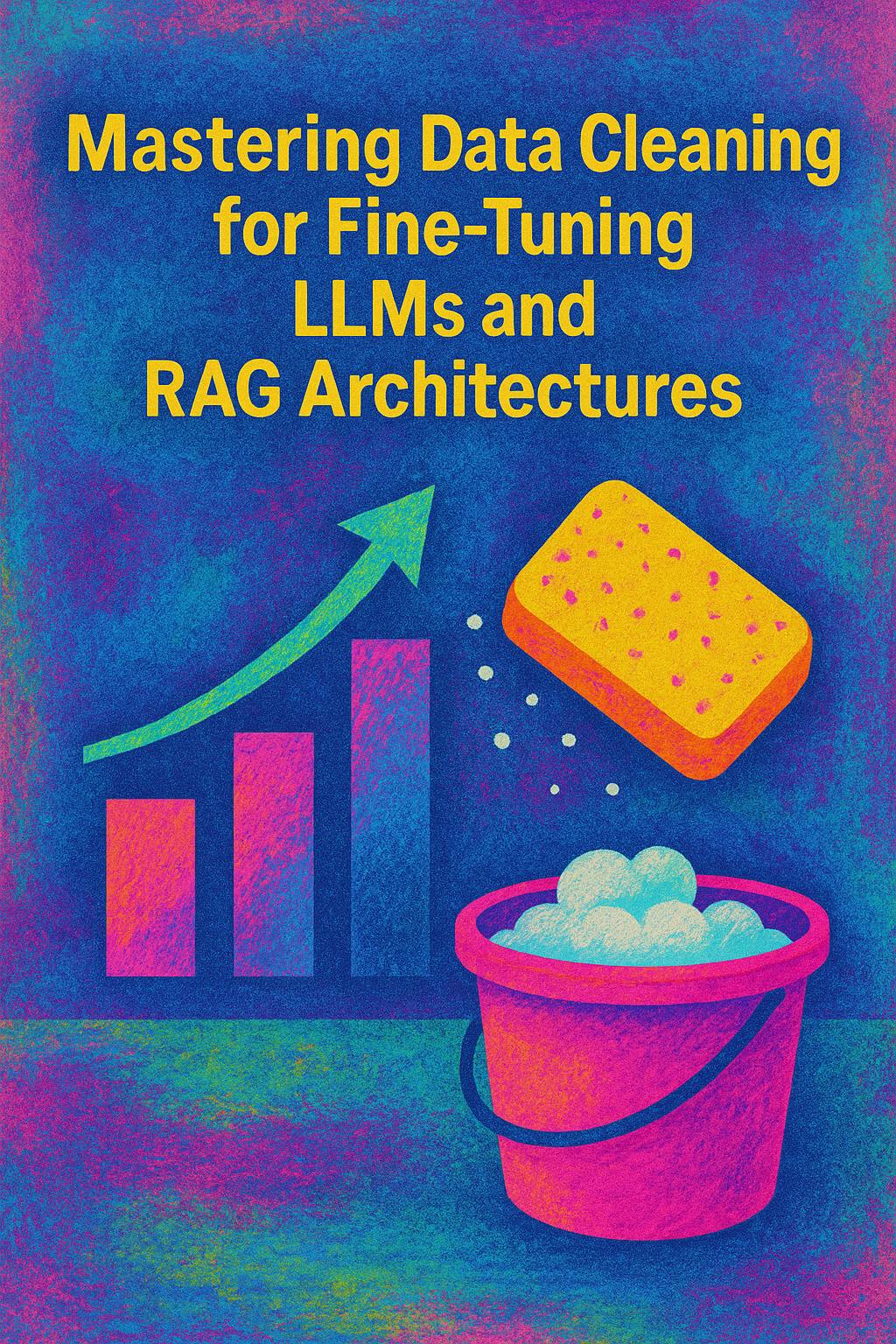The AI Alliance has a released a set of 14 principles covering six areas:
- Openness and Access
- Selection and Choice
- Safety and Security
- Privacy and Transparency
- Economy and Development
- Societal Impact and Diverse Viewpoints
The AI Alliance has a released a set of 14 principles covering six areas:
From semiconductor fabs to open seas, the AI Alliance is redefining how domain-specific AI supports safety-critical industries. This blog spotlights Llamarine, a maritime large language model co-developed by Aitomatic and Furuno, building on lessons from SemiKong, the first semiconductor-specific model. Designed to embody real seamanship rather than generic knowledge, Llamarine integrates deep maritime regulations and Furuno’s decades of navigational expertise into its reasoning. The result is a model that provides deterministic, regulation-compliant, and operationally sound guidance—outperforming GPT-4o, Claude Sonnet 3.5, and other general-purpose models. Together, these projects outline a blueprint for trustworthy, specialized AI that can be applied across industries where precision and reliability are non-negotiable.

In the rapidly advancing field of artificial intelligence, data cleaning has become a mission-critical step in ensuring the success of Large Language Models (LLMs) and Retrieval-Augmented Generation (RAG) architectures. This blog emphasizes the importance of high-quality, structured data in preventing AI model hallucinations, reducing algorithmic bias, enhancing embedding quality, and improving information retrieval accuracy. It covers essential AI data preprocessing techniques like deduplication, PII redaction, noise filtering, and text normalization, while spotlighting top tools such as IBM Data Prep Kit, AI Fairness 360, and OpenRefine. With real-world applications ranging from LLM fine-tuning to graph-based knowledge systems, the post offers a practical guide for data scientists and AI engineers looking to optimize performance, ensure ethical compliance, and build scalable, trustworthy AI systems.

Open source and open science in AI is a practical, proven approach to enabling access, innovation, trust, and value creation now. Let’s focus on that as we better define it.